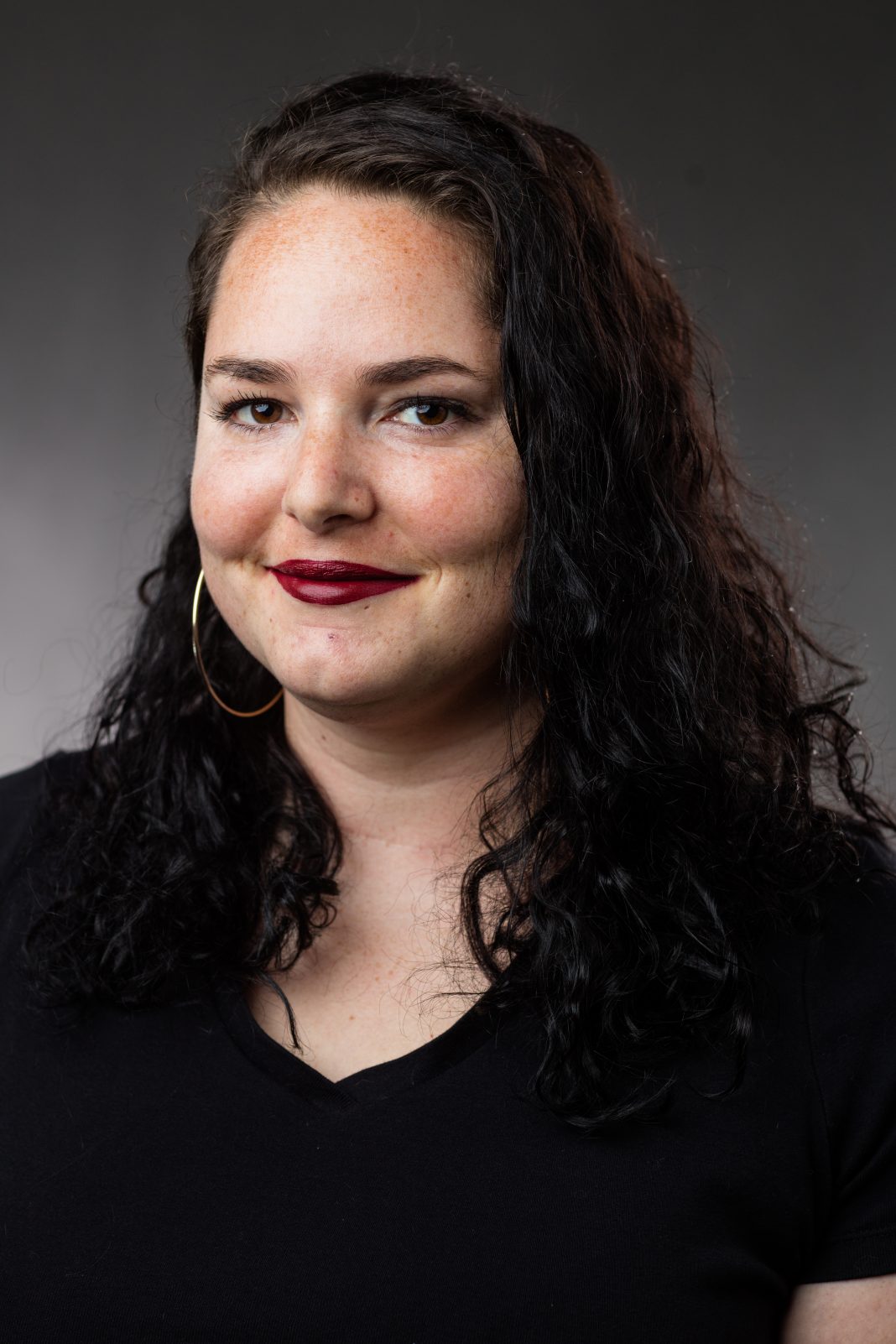ATU Instructor, Cristina Blanco, received a 19 of the last 9 award from Arkansas Tech University.
The 19 of the Last 9 Award yearly recognizes 19 outstanding alumni who have graduated in the last nine years, brings them back to campus, and connects them with students, staff, and faculty.
Blanco received this award based on research/roles in the scientific field she has been working on since graduating with her master’s degree from ATU. During her time performing the research, she has submitted multiple manuscripts on the effects of prescribed fire management on bats and their prey species in the Ozark Mountains. She is currently working on research to determine the presence of pathogenic flavivirus species like Dengue, Zika, and West Nile Virus in mosquitos in the Arkansas river valley.
In this research, Blanco and her team are isolating viral RNA from mosquitos and using a reverse transcription-polymerase chain reaction (RT-PCR) technique to determine the presence of specific viruses (this technique reverse transcribes RNA to DNA to look at gene expression).
In addition to being actively involved with research, Blanco is all the Associate Editor of Vertebrate Biology for the Journal of the Arkansas Academy of Sciences. She volunteers with the Skype-A-Scientist program, where she speaks to K-12 students on careers and opportunities in scientific fields and serves on multiple University committees at both the Ozark and Russellville campuses.
Blanco holds a Bachelor’s of Science in Biology from the University of South Florida and a Master’s Degree in Science in Fisheries and Wildlife Science from ATU.
“I was honored to be both a nominee and recipient for this award.”
Blanco has taught at ATU-Ozark since 2018. She teaches Introduction to Biology, Anatomy & Physiology I and II, and Microbiology for Health Sciences Majors. She also serves on multiple faculty committees and conducts her research at the Russellville campus.
“My favorite aspect of working for Tech is the opportunity to share scientific information and thought with my students. The opportunity to watch my students grow and develop in how they view the world, from a scientific perspective, has been incredibly rewarding.”






